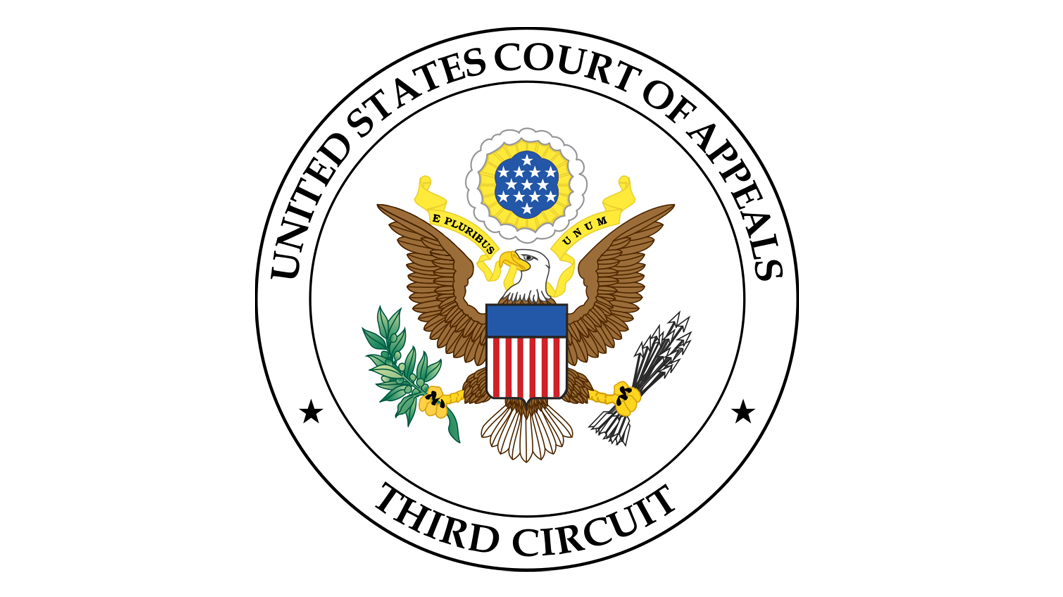The 3rd Circuit U.S. Court of Appeals in Philadelphia struck down a U.S. Department of Health and Human Services (HHS) Final Rule that would have broadened the religious exemption offered to employers who do not wish to provide possible abortion-causing contraceptives in employee health plans. The requirement, created by the Obama-era HHS as part of the authority delegated to it under Obamacare, is known as the “contraceptive mandate.”
Agreeing with a lower court that ruled similarly back in January, the 3rd Circuit’s decision puts another roadblock in the Administration’s attempts to make good on its 2017 promise to help the Little Sisters of the Poor and other religious ministries forced to choose between religious conscience and crippling fines.
In its ruling, the 3rd Circuit stated that HHS had violated procedural steps necessary to pass a new regulation, steps spelled out in the federal Administrative Procedural Act (APA). Although HHS defended its action by arguing that in this case, the urgent nature of the need for relief justified—and the APA permitted—bypassing certain procedures, the court did not agree.
In addition, the court rejected the HHS argument that the federal Religious Freedom Restoration Act (RFRA) required the broadened exemption. After dozens of federal lawsuits ended with court orders blocking the contraceptive mandate’s burden on religious employers because of RFRA, and even a Supreme Court ruling in Hobby Lobby’s favor in 2014 also based on RFRA, there was hope that the previous administration’s onerous attempt to punish employers of conscience would come to an end. The current administration did its part by re-writing the regulations, but courts, including the 3rd Circuit, have resisted.
Organizations like the ACLU were quick to applaud the 3rd Circuit’s decision, saying in a statement, “Yet another court has stopped this administration from sanctioning discrimination under the guise of religion or morality. The Trump administration’s rules authorized employers and universities to strip women of birth control coverage – a benefit guaranteed to them by law, and meant to advance their health and equality.”
What the ACLU’s statement fails to grasp is that there are many ways for the federal government to fulfill the Obamacare goal of providing no-cost contraceptives to women other than forcing objecting employers to be complicit in what they consider an immoral act.
It is not yet known whether the Administration will appeal this ruling to the U.S. Supreme Court, which just recently declined to hear a related case from the 9th U.S. Circuit Court of Appeals, involving a nearly identical set of interim regulations.
The case is titled Commonwealth of Pennsylvania v. President United States of America.






